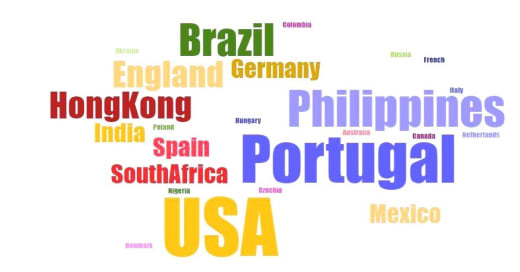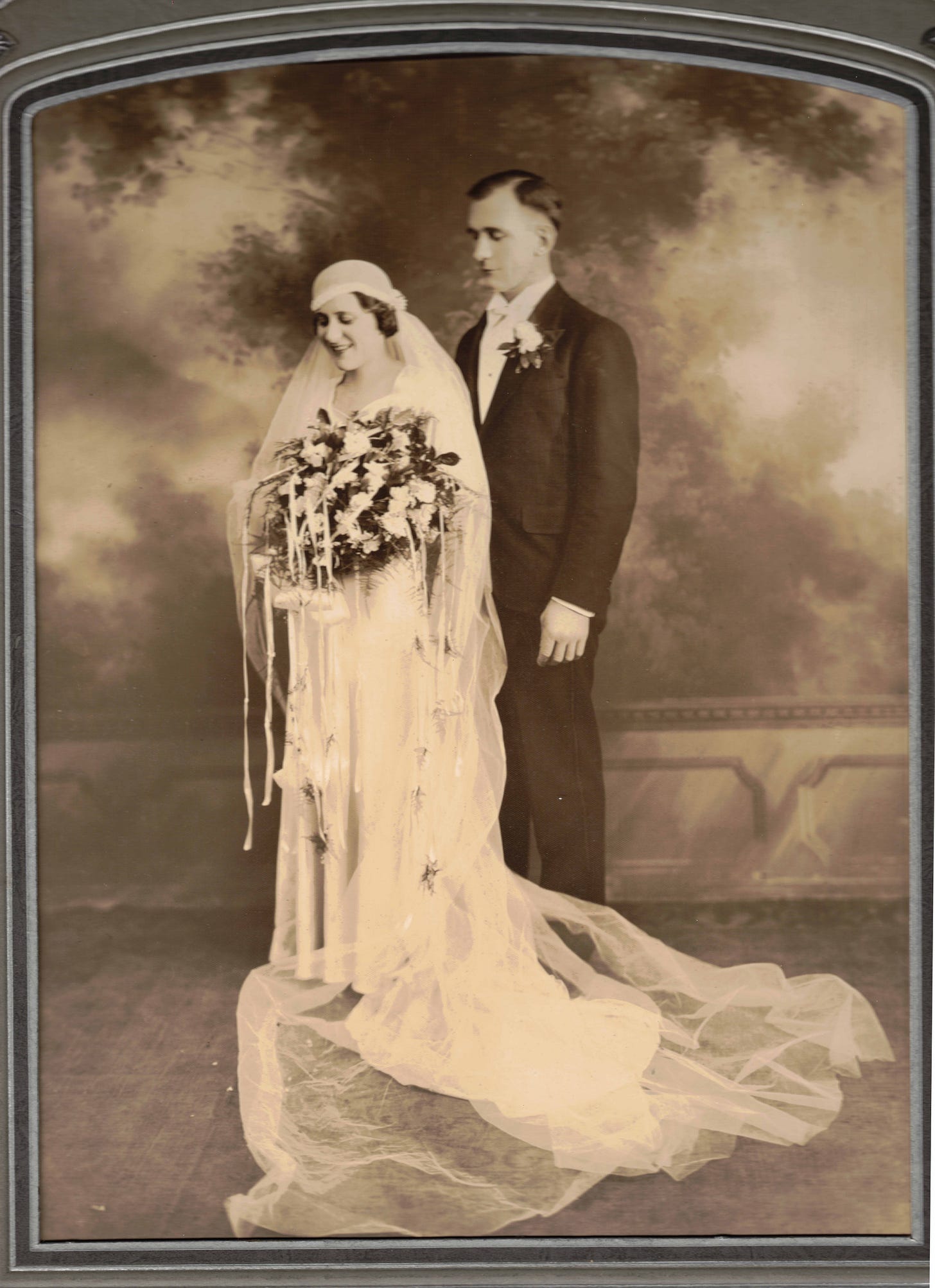Even on the very day we were to go and meet the expats, we were still arguing about the word “expat.”
“If they’re refugees,” said Simellia, one of the other bridges, “then we should call them refugees. They’re not moving to a summer cottage in Provence.”
-The Ministry of Time
Stop right there!
I gotta know right now!
Before you go any further!1
Do you ….
Maybe you’ve lived overseas for a long time. Maybe you haven’t left where you are yet. Which word feels right to you?
In the United States, you can’t get away from the highly charged immigration issue. It seems like it’s Build That Wall vs Statue of Liberty, with no middle ground. Now that we’ve been in Lisbon for more than two years, we’ve come to see issues of immigration and the semantics thereof in a different light.
We have a surprisingly wide and varied community here. At this point, with our social circles from church, board gaming, meet up groups, Lisbon social and cultural club, language classes, as well as people we just bump into on the course of our day, we have friends from so many countries, including Portugal. At church last Christmas, we all were to shout out Merry Christmas in our native language. Talk about the Tower of Babel!
We know many people who have moved here who have not made many, or even any, Portuguese friends. From the start we were determined that would not be us. Why move to a new country if you are only going to surround yourself with others like you? At this point, our language skills aren’t yet good enough for us to hold real conversations in Portuguese. Which means any relationship we have requires that the language we speak is English. That’s not an equal relationship. There’s another reason why more of our friends are not Portuguese. If you’ve grown up in a place, you have an established community. Your circle of friends is already complete. People who are new to the country are looking to add to their social circles.
Some of our friends call themselves immigrants. And many - especially people from the United States - call themselves expats.
Immigrant: a person who comes to a country to take up permanent residence
Expat: a person living outside their country, often for work
So, a maid from Angola working in a hotel in Lisbon is an expat. And a wealthy retiree moving to Portugal for good? Immigrant. If those terms seems jarring to you in those contexts, it’s because that’s not how they’re used on the ground. Expats are mostly seen as white, educated, rich elites. Immigrants or migrants are poor, brown, and work lower level jobs.
When we first thought about moving to Portugal, all the resources we found were US-centric and (at least at that time) almost exclusively used the term expat. It wasn’t until we had been here for a few months that we happened on an online discussion of expat vs. immigrant, and realized that we are not expats, but immigrants.
The immigrants we know here bring a different energy from many of the people who were born here. If you are the kind of person who is willing to do the very hard work of packing up and moving yourself to a different country/culture/language, you necessarily are a person who is adventurous and ambitious. Many of our friends are entrepreneurs.
It’s made us reflect on our own families. Amy’s mother’s parents were the first generation born in the US. Grampa was a gifted machinist who worked six days a week during WWII, and Gramma took her 8th grade education and worked at a silk-mill making ties until they had children. In the midst of the Depression, they bought a house and set about having seven children.2 In the side yard they had a very large garden that fed the family. Amy’s mother often recounted the day when the family gathered in the basement and watched their parents burn the mortgage in the coal stove. They had paid off their house. They continued to save, and some years later they bought outright some land, built a house, and took up farming. Grampa continued inventing. They raised their children - bookkeeper, stone mason and inventor, master carpenter, comptroller, librarian, secretary, and nursery manager. They arrived in this country with nothing, and they left their children with good jobs and an inheritance.
We’ve seen stories in the news lately about different countries and the difficulties they face with an aging population, either from a low birth rate, a high emigration rate, or both.3 When we think about Amy’s grandparents and what they added to the US, it’s the young and ambitious and hard-working that opt to move to somewhere better. Aren’t those exactly the people any country would want?
You’ll note that Portugal is #5 on this list.4 What gives, you ask. Wages in Portugal are in the bottom third in European countries. The result is a large emigration rate. At the same time, Portugal is seeing a significant immigration, as well. Many - although certainly not all! - are people looking to retire here. Interestingly, the government just announced tax relief for those under 35, precisely to combat this emigration of young people.
The issue of immigration is incredibly complex, as you can see from just a few of these thoughts. For us, it boils down to:
We’re happy here. We are likely in our forever home. We’re immigrants.
That’s all for now,
Amy & Scott
Apologies to Meatloaf for using his Paradise by the Dashboard Lights.
Yes, they were Catholic. What gave it away?
Yes, many of them are forced to by wars or strife in their countries. And yet, not everyone in those traumatized areas leaves to find a better life.
The US is #35.








Though ignorant of the definition, I won’t refer to myself, and never will, as a patriot of any country. Immigrant carries too much baggage. Resident works best. Especially since after attaining Portuguese citizenship there is a possibility we might move elsewhere in the EU.
I consider myself an expat, based on the definitions, because we have not decided where we want to live permanently, or even if we do want to live somewhere permanently. We really like to travel, so wind up out of a home base country as much, if not more, than inside the country.
I loved the Meatloaf reference.